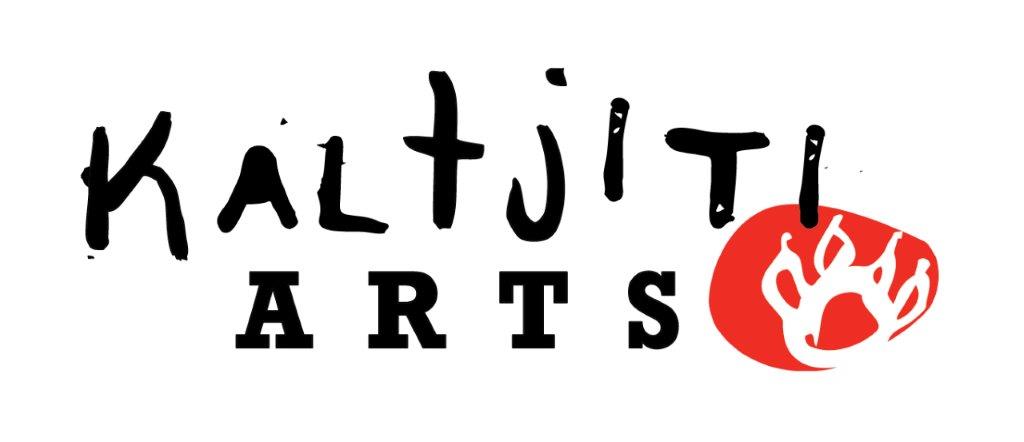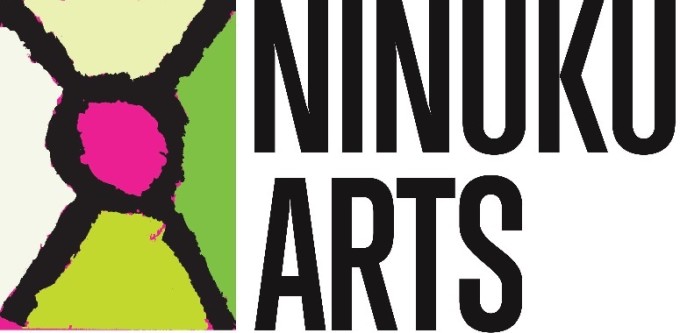Milkali Kutju
2015
screenprint
outdoor installation
Courtesy the artist and Mimili Maku
This photographic work was the winner of the 2015 Telstra National Aboriginal & Torres Strait Islander Art Award (NATSIAA) for a Work on Paper, and has been included in various important exhibitions since then.
In this work, Robert explores the concept of Milkali Kutju – which means ‘One Blood’ in Pitjantjatjara. The statement ‘You See Black, I See Red’ is deliberately provocative at first glance, however just as Robert has over time learnt to forgive, so too does the viewer, as they realise the sentiment behind this work is forgiveness not anger. When Robert says – ‘I See Red’ he does not mean the anger and fire he would have exploded with as a young man when faced with racism. He now means ‘I See Red’ as ‘One blood’- ‘forget the colour of our skin, it is all the same colour underneath.’
Of his work Robert says: ‘In Anangu culture the word 'Milkali' (blood) is a very sensitive word and can be used offensively but in this work 'Milkali kutju' means one blood, it is about Indigenous and non-Indigenous working alongside one another and learning and sharing two different cultures ngapartji - ngapartji (50-50). It doesn't matter what colour or race we are, it’s about what's below the surface Milkali blood. We can learn from one another and by moving forward by closing the gaps and not blaming one another for our fore fathers actions whether they were good or bad choices.’
Robert Fielding
Born: 1969 Port Augusta SA
Western Arrernte, Yankunytjatjara, Pitjantjatjara language groups
Art Centre: Mimili Maku, Mimili SA
Robert Fielding is a leading artist working at Mimili Maku Arts. More recently he has been exploring photography as a medium, and producing works with strong and poignant messages.
Robert experienced a high level of racism growing up in Port Augusta. As a young father, Robert made the decision to travel with his young family back to his family’s country in the APY Lands. He has spent the last 20 years in Mimili and has learned traditional language and lore and culture. He is respected within his community.






























